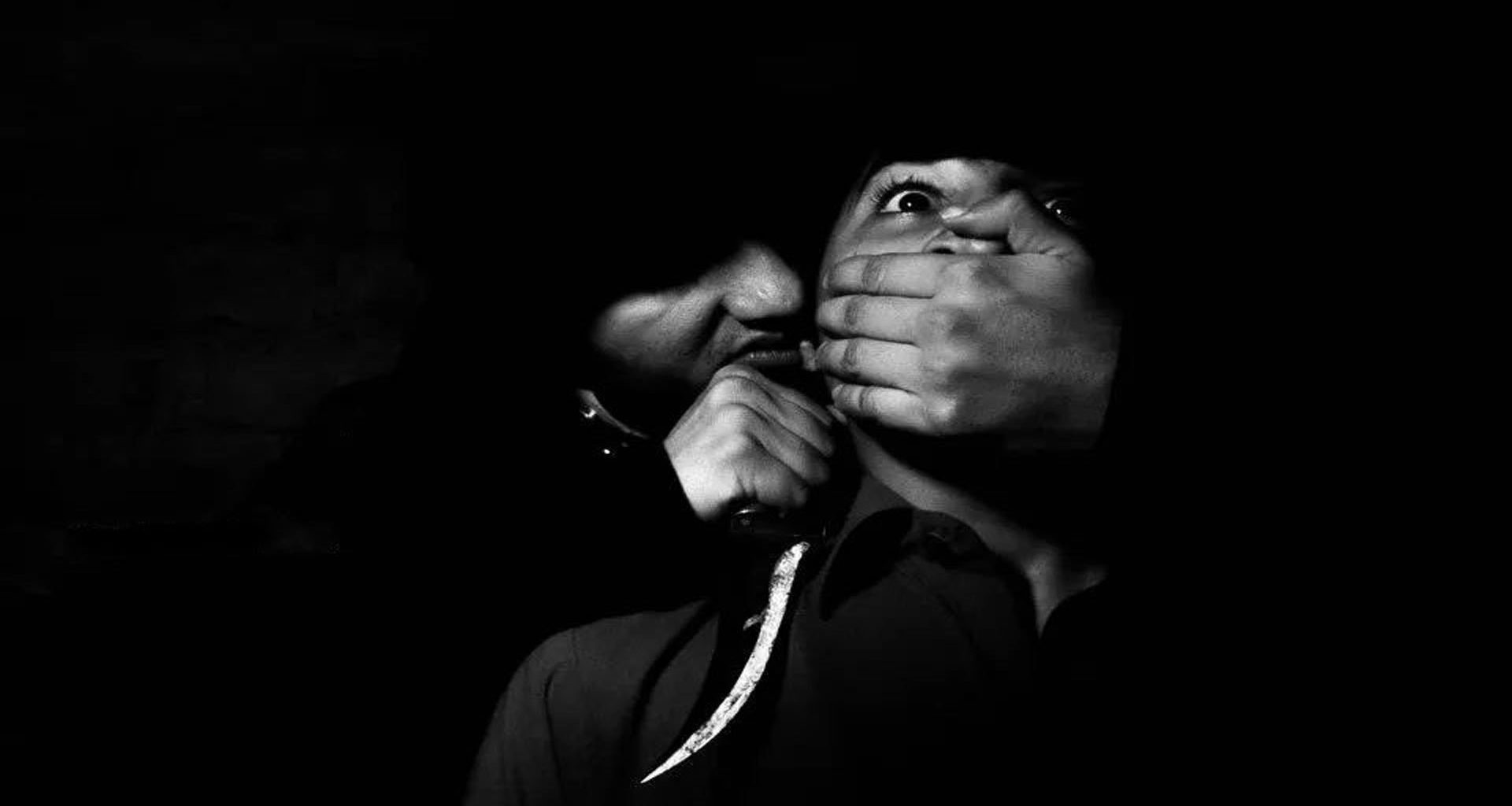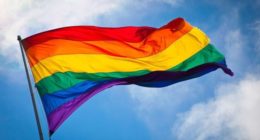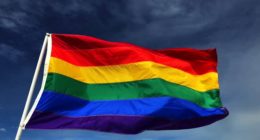By Ange Theonastine Ashimwe
‘I was 20, still in college and living in a small city named Mtwara in Tanzania with my mother when I started searching for an internship. One day, I was scrolling on Twitter, and I stumbled on an opportunity of a company looking for an intern. I applied. After five days, I received an email from the manager of the company that I got the internship, and that we have to meet and discuss about the job. I was so excited, it was a big company, and I felt like I finally made it in life. I put on my finest professional outfit and followed the address that the manager sent to me. I went there thinking it was a professional meeting – when I got there, the manager asked me to have sex with him, and I refused. He raped me that day. It makes me feel better to send my story out there into cyberspace. I choose to share my story online because the first place I went to after I released what happened to me was to the web. I was trying to find something to help me understand what happened.’ – Maya. (Name changed for her privacy.)
You probably heard the same story because she is not the only one. It is estimated by the United Nations that 35% of women worldwide have experienced sexual violence, and approximately 15 million adolescent girls (aged 15 – 19) worldwide has experienced forced sex at some point in their life. According to the National Sexual Violence Resource Center, “8% of rapes occur while the victim is at work; in eight out of ten cases of rape, the victim knew the perpetrator.”
The results of research conducted by Uppsala University on rape against women in Tanzania highlighted social reactions and how rape victims perceived the impacts of these reactions. Half of the participants interpreted rape situations based on social relationships, circumstances, and social status of the woman, rather than the legal definitions. And this is a crucial problem in East Africa, not only in Tanzania.
Maya comes back to this question as she says that she didn’t report the case because she knew everyone would blame her. “I did not report the case because I could not take the way people would look at me and ask questions, and say it was my fault. After the incident, it was too painful that I couldn’t concentrate on my studies, so I dropped out of college. Now I am a cleaner in a restaurant,” she said.
In Tanzania, 10-20% of women aged 12 years or more are estimated to have been raped at some time according to the research Uppsala University. Moreover, some cultural narratives, myths, and the perspective of masculinity across Tanzania and East Africa not only continue to fuel rampant sexual harassment but also nourish the abusive and toxic culture that silences women.
In June 2019, the case of women in western Tanzania being attacked and raped by oil-covered rapists was splashed across headlines. These attacks, called the Teleza Attacks, attracted mixed reactions. Some people were blaming the victims saying that they are prostitutes, questioning their items of clothing, and simply saying victims put themselves in that position of being assaulted but this is nothing more than another stupid excuse and it is an utter shame in mentality. The choice of clothing does not give permission to rape someone, we have sex with people not with their clothes.
The fact that people had the audacity to blame the victims saying that they are prostitutes shows a crucial issue in society. People have to understand that even sex workers have the right to say no. Just because someone is a sex worker, it does not give people the permission to her body without her consent. Sex workers are also humans.
People ask: ‘Why Women Stay Silent After Sexual Assault?’ But how do you tell the world that your uncle, mentor, brother, cousin sexually assaulted you? How do you tell a religious community that their favorite pastor raped you? Mostly many women stay silent because they fear that society won’t believe them, or worse, blame them for what happened because that what society always has done.
Sexual assault survivors struggle with a wide range of emotions that make coming forward with their incidences difficult, the fear of shame, re–victimization, and not being believed. We should be doing everything in our power to remove the societal and structural barrier that can prevent survivors from coming forward because all statistics tell one story; rape is more common than we think. Even with laws against the act of sexual assault, many of these laws are not systematically enforced. The silence is deafening.










